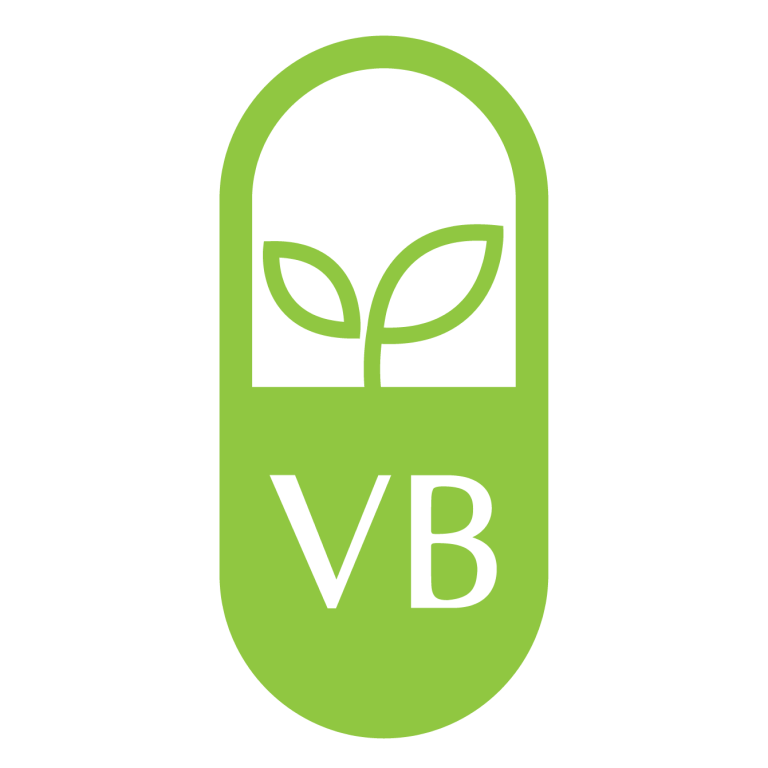
Sperm are the cells created in the testicles that function to fertilize eggs. These specialized cells are created via an intricate process in the testes and are stored there until ejaculated.
Puberty begins at age 9-11 for boys, this includes the beginning of testicular enlargement from increased hormone signaling, producing the first sperm one year later at age 10-12. This is a long process, and though sperm production can begin as early as age 9, puberty, and general hormonal changes, can continue until a male's early 20's.
Sperm are the cells produced in the seminiferous tubules of the testes whose function is to fertilize eggs. Sperm join with multiple other fluids to create semen, the final product expelled during ejaculation.
Semen is not sperm, but is simply the substance that carries sperm through the male's reproductive organs, and then out of the body through orgasm. Once inside a vagina, the sperm can travel through the woman's reproductive system without the aid of semen.
Sperm are produced in many stages starting with stem cells, named primordial germ cells, driven by testosterone signaling. Primordial germ cells must split their DNA multiple times throughout progression to spermatogonia then primary spermatocytes to secondary spermatocytes then finally round spermatids, which contain haploid, or half of the DNA required for a viable organism. Now, the sperm cells need to grow tails to swim to the egg when given their opportunity. Spermatids differentiate to spermatozoa then mature sperm with a strong tail for motility and thick pointed head to drill into and enter an egg (1).
After leaving the testicle, the first structure sperm enter is the epididymis. The epididymis is a small structure of coiled tubules that overlies the top of each testicle, within the scrotum. The epididymis serves as extra space for sperm maturation and storage (2). "The head of the epididymis lies at the upper pole of the testes and receive seminal fluid from the ducts of the testis. It then permits passage of sperm into the distal portion of the epididymis. Because of its length, the epididymal ducts have ample space for storage and maturation of sperm."
Sperm must be stored in the scrotum because they require a cooler environment than within the body, around 93.2F or 34C (3).
Sperm reside in the epididymis until ejaculation. Once ejaculation is initiated, the sperm travel out of the epididymis to the vas deferens, a tube from the scrotum into the pelvis, which then joins with the prostate via the ejaculatory duct. At this point, semen is made from the sperm cells, fluid from the prostate and seminal vesicle. From the ejaculatory duct of the prostate, the semen then enters the urethra where it is joined by fluid from the bulbourethral glands before exiting the penis.
Three glands, the prostate, seminal vesicle and bulbourethral glands produce alkaline fluids to lubricate the vagina for semen passage. The seminal vesicle sits atop the prostate and provides 70% of semen fluid volume, including alkaline proteins, enzymes, vitamin C, prostaglandins and sucrose to feed the semen as they swim (4). For more information on the prostate, here's a more in depth analysis on the role the prostate plays in semen and sperm production.
The bulbourethral gland empties into the top of the penis, it both creates pre-cum and fluid to aid in lubrication of the semen (5).
There are several things a man can do to increase his sperm count and semen health:
The most important thing to look for in foods when attempting to increase sperm count is vitamins and nutrients like Vitamin C, Vitamin E, and most importantly, Zinc. Zinc is essential in the process of creating sperm, as well as maintaining powerful and healthy sperm.
Without an appropriate amount of Zinc, sperm won’t be strong enough to make the difficult journey to fertilize an egg. A few Zinc rich foods include oysters, pumpkin seeds and beef short ribs. For vitamins C and E, most fruits and vegetables fit the bill. Oranges, bananas, and strawberries are all great sources of essential vitamins that will keep sperm healthy and strong.
✔️ References
1. https://www.ncbi.nlm.nih.gov/books/NBK553142/
2. https://www.ncbi.nlm.nih.gov/books/NBK470201/
3. https://academic.oup.com/biolreprod/article/93/4/97,%201-5/2434272
